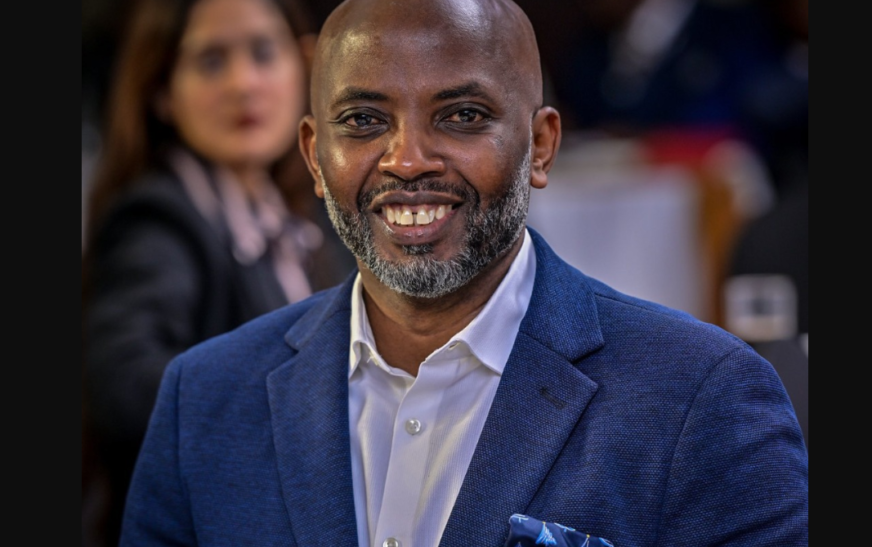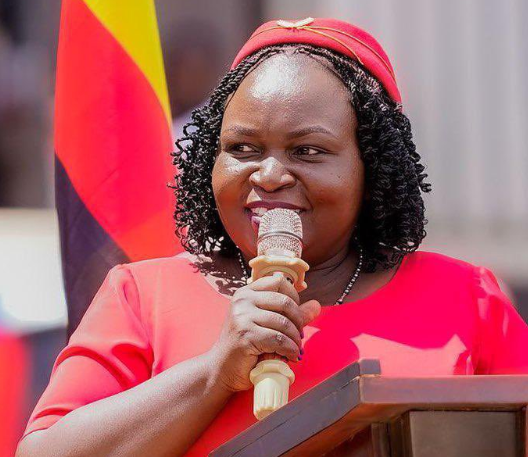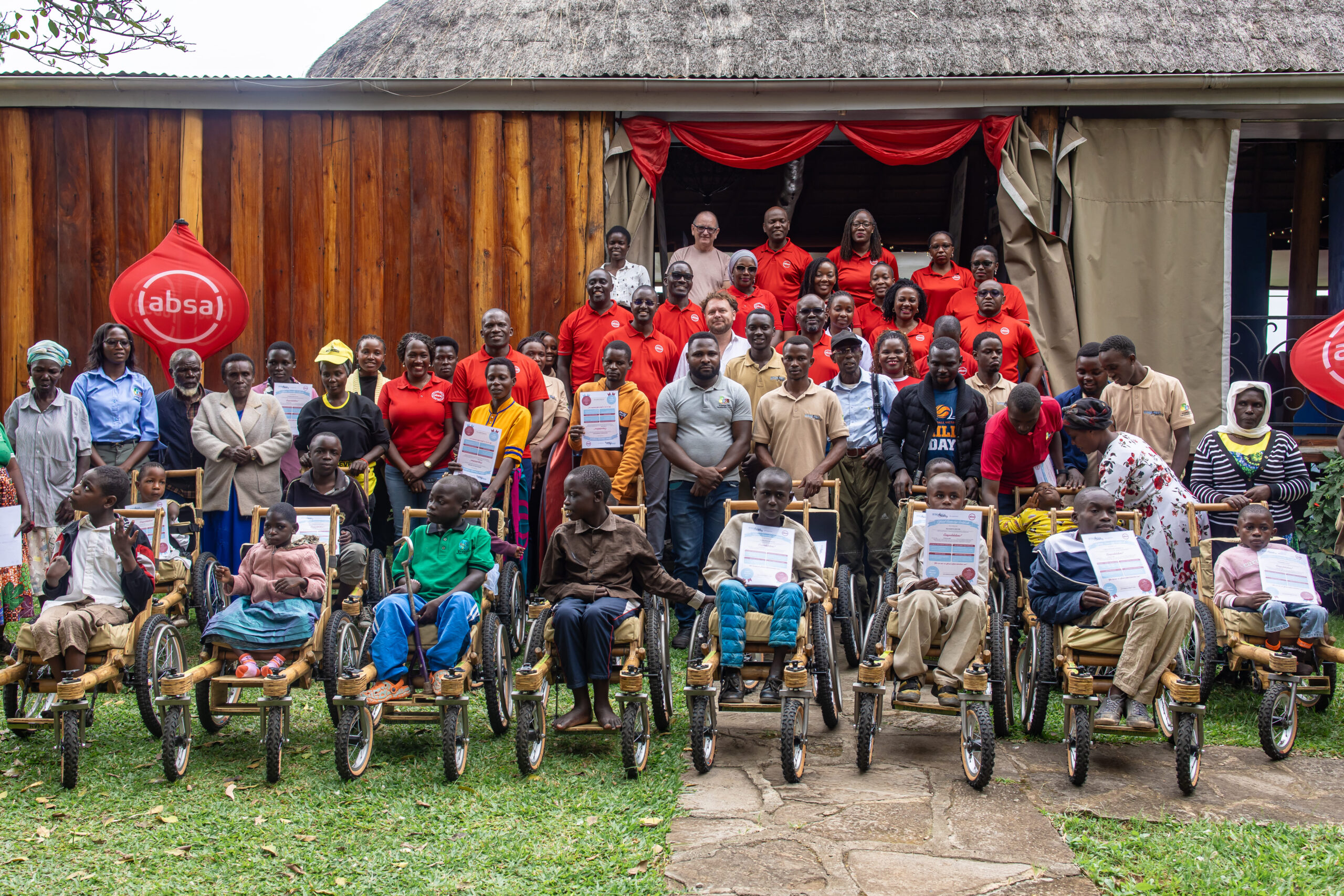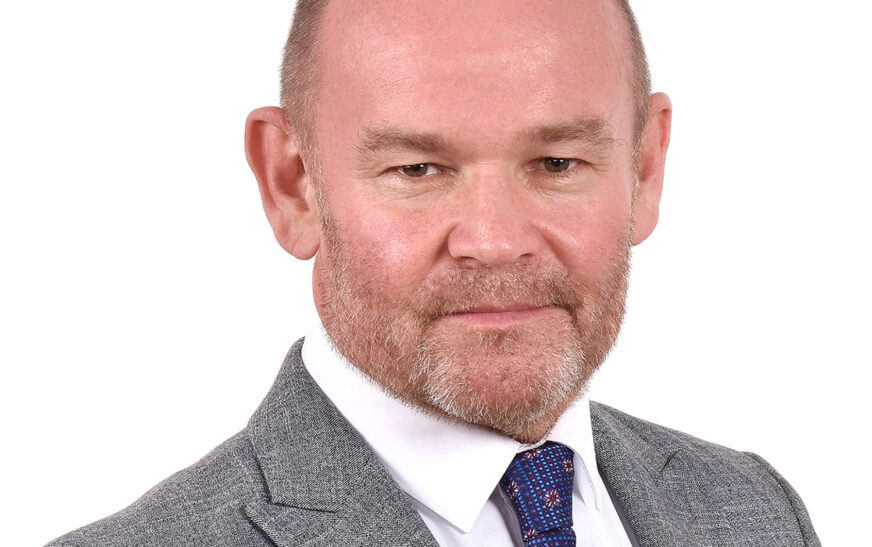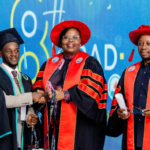Dr. Lawrence Muganga, Vice Chancellor of Victoria University, has urged Ugandan parents to critically rethink how they are preparing their children for the future.
Questioning the continued reliance on traditional boarding schools, Dr. Muganga called for a shift toward more forward-thinking education models and smarter investment strategies.
“It’s time we ask ourselves some honest questions,” he said. “Are we preparing our children for the future—or for a world that no longer exists?”
Dr. Muganga expressed concern that the current education system, particularly its rigid and one-size-fits-all nature, is increasingly misaligned with the demands of a rapidly changing world.
“The traditional school system is outdated,” he asserted. “It was designed for a different era and a different economy. Today’s world requires something more adaptable something that equips students with real, relevant skills.”
He specifically challenged the widespread preference for boarding schools, arguing that many offer “little to no clear academic or developmental advantage,” despite their high costs.
“Parents continue to spend large sums on boarding schools not because it’s the best choice, but because it’s what they’ve always known,” he noted.
As an alternative, Dr. Muganga advocated for modern, technology-driven day schools rooted in local communities. He described these as more personalized, practical, and better aligned with the realities of today’s job market and society.
In a more provocative proposal, he encouraged parents to consider redirecting boarding school fees into long-term financial instruments such as Treasury Bills, Bonds, or Unit Trusts. According to Dr. Muganga, this approach could build a solid financial foundation for children one based on independence and opportunity.
“What if, instead of paying termly boarding school fees, you quietly invested that money every year for 16 years?” he posed. “By the time your child graduates, they could have a stronger financial base than any inheritance.”
“They might never need to look for a job,” he added. “They could be the ones creating jobs.”
Dr. Muganga emphasized that his message was not a critique of parents, but an invitation to reimagine the legacy they’re building for their children.
“This isn’t just about education policy—it’s about your child’s future, and your family’s legacy.”
“Clinging to outdated traditions doesn’t protect your child’s future—it only delays it. The future belongs not to those who follow blindly, but to those who think ahead, choose wisely, and invest with purpose.”

